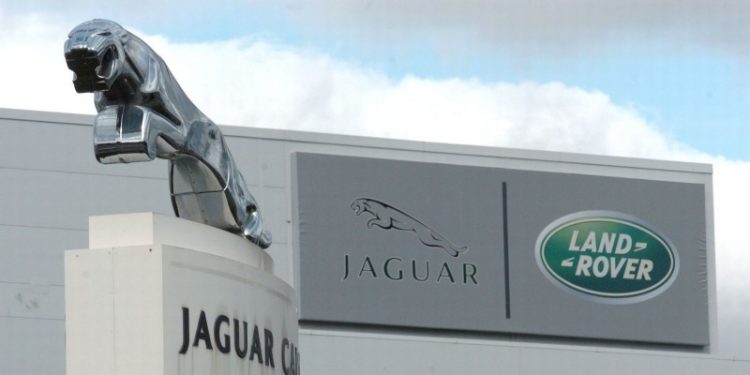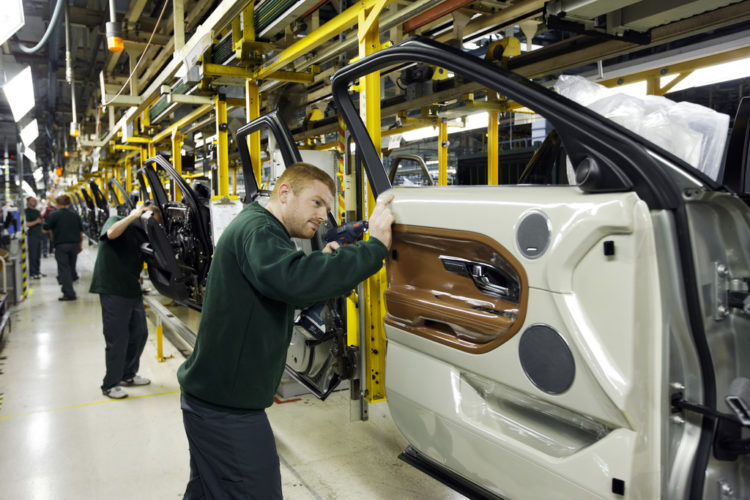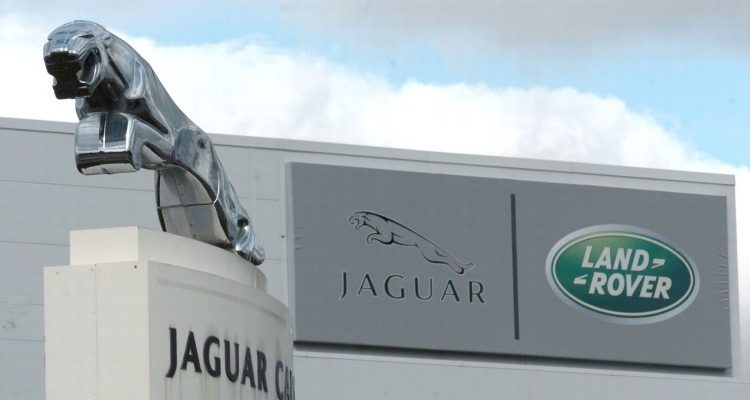Indian-owned company, which employs more than 4,000 people at Halewood in Merseyside, blamed weak sales in its key Chinese market and falling sales of diesel vehicles. Tony McDonough reports

Carmaker Jaguar Land Rover (JLR) has revealed an annual loss of £3.6bn – the largest in its history.
The Indian-owned company, which employs more than 4,000 people at its factory in Halewood in Merseyside, blamed weak sales in its key Chinese market and falling sales of diesel vehicles.
It said a one-off £3.1bn write-down on the value of its business accounted for the bulk of the loss after discovering that previous investments in property and machinery were worth less than thought. It also included a bill for redundancy payments.
But even with those exceptional costs stripped our, JLR still reported a pre-tax loss for the 12 months to March 31, 2019, of £358m. Last week it revealed that global sales of its vehicles had plunged 13.3% in April.
These latest results may intensify speculation about the future of the company, which is owned by India’s Tata Motors and employs more than 40,000 people in the UK. In recent weeks it has had to dampen down speculation that it may be acquired by French automotive group PSA, the company behind the Peugeot and Vauxhall brands.

In the last quarter of its financial year JLR returned to profitability. In the three months to March 31, the company generated pre-tax profits of £269m before exceptional items as the ‘Charge’ transformation programme delivered cost and cash improvements.
After £149m of redundancy costs as part of the ongoing transformation, pre-tax profit was £120m.
Revenues of £7.1bn were down £421m year-on-year as growing demand in key markets such as the UK and US helped offset weaker China market conditions. Operating cash flow of £1.4bn reflected a strong working capital performance and lower investment spending.
There are bright spots in the gloomy sales picture. JLR said last week that sales of the new Evoque, which started rolling off the Halewood production line earlier this year, have been “encouraging”. The company has invested an extra £110m in the plant to produce the new Evoque. The Merseyside factory also assembles the Discovery Sport.
JLR chief executive Ralf Speth said: “Jaguar Land Rover has been one of the first companies in its sector to address the multiple headwinds simultaneously sweeping the automotive industry.
“We are taking concerted action to reduce complexity and to transform our business through cost and cash flow improvements. The company has returned to profitability in the fourth quarter and already delivered £1.25bn of efficiencies and savings.
The company is on track to make at least £2.5bn of investment, working capital and profit improvements by March 2020 through its Charge transformation programme. It has already delivered the first £1.25bn, with £150m of cost efficiencies, £400m of working capital improvements and £700m of investment savings achieved by March 2019.

